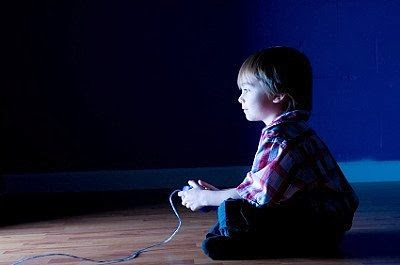Television Watching Statistics: http://www.statisticbrain.com/television-watching-statistics/
In
the essay “Television: The Plug-In Drug” by Marie Winn is about the effect of
the television in every American Family. In this essay win talks about the quality of
life, Family Rituals, Real People, and Undermining the family. Winn states that
“The early article about television were almost invariably accompanied by a
photograph or illustration showing a family cozily sitting together before the
television set, sis on mom’s lap, buddy perched on the arm of dad’s chair, dad
with his arm around mom’s shoulder. Who could have guessed that twenty or so
years later mom would be watching a drama in the kitchen, the kids would be
looking at cartoons in the living room, while dad would be taking in the ball
game in the living room? ”(Page 439). This statement has a really good point to
it because television does not make family closer it actually dominates each
family member’s life. Televisions also interfere in every family and it keeps
family members antisocial towards other family members. Television shows used
to be more pleasant to watch especially cartoons but in today’s shows all there
are to watch are useless things such as reality shows like keeping up with the
Kardasians. Who cares about their life anyways? All they show is them fighting
and drama. Instead of watching reality shows why don’t we just worry about our
life and try to succeed in our life because watching reality shows won’t take
anywhere in your life all it does is influence how you think and how you act
around your peers. According to statisticbrain.com an average person will have
spent 9 years watching t.v.In my opinion parents should limit the time their
kids watch television and spend more time with their family to keep a close
relationship to their family members.





